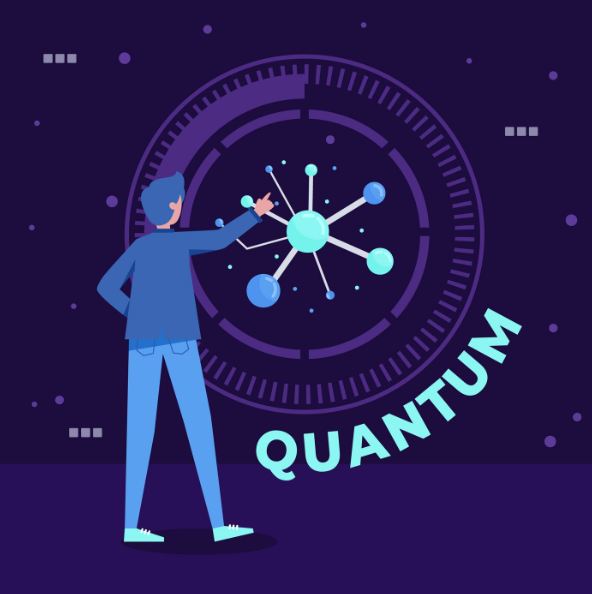Introduction
Quantum machine learning (QML) represents an exciting frontier in both quantum computing and artificial intelligence, where the principles of quantum mechanics are leveraged to enhance traditional machine learning algorithms. QML holds the potential to solve complex optimisation problems, accelerate computations, and unlock new insights across various domains. A Data Scientist Course can equip professionals to harness the unique properties of quantum systems to strengthen their organisation’s business stature.
Advantages of QML
Following are some of the most significant advantages of QML that can position businesses to sustain in today’s volatile markets.
- Quantum Speedup: One of the most anticipated advantages of QML is its potential to achieve exponential speedup over classical algorithms for certain tasks. Quantum computers can process vast amounts of data and explore multiple possibilities simultaneously through superposition and entanglement, enabling them to solve certain optimisation and pattern recognition problems much faster than classical computers. This speedup could revolutionise fields such as optimisation, cryptography, and drug discovery, where computational complexity limits classical approaches. Urban professionals have the opportunity of enrolling for domain-specific courses in QML. A domain-specific Data Science Course in Delhi, for instance, would offer coverage on QML as applicable to a specific domain.
- Quantum Algorithms: Researchers are developing quantum versions of classical machine learning algorithms tailored to exploit the capabilities of quantum computers. For example, quantum versions of support vector machines, clustering algorithms, and neural networks are being explored to harness the parallelism and interference effects of quantum systems. These algorithms aim to outperform their classical counterparts in terms of efficiency and accuracy, paving the way for new applications in data analysis, image recognition, and natural language processing. Quantum algorithms are often part of an advanced Data Scientist Course.
- Quantum Data Processing: Quantum machine learning also extends to the realm of quantum data processing, where quantum algorithms are designed to analyse and extract insights from quantum datasets. Quantum data, which may arise from quantum sensors, quantum experiments, or quantum simulations, poses unique challenges and opportunities for machine learning. Quantum algorithms tailored for processing quantum data can be learned by completing an advanced, research-oriented Data Scientist Course. These algorithms can uncover hidden patterns, classify quantum states, and optimise quantum experiments, facilitating advancements in quantum computing and quantum technologies.
- Challenges and Opportunities: Despite the promise of QML, several challenges remain, including the development of error-corrected quantum hardware, the design of robust quantum algorithms, and the integration of quantum and classical computing resources. Additionally, quantum machine learning requires interdisciplinary expertise spanning quantum physics, computer science, and mathematics, highlighting the need for collaboration and innovation across these domains. Nevertheless, the potential applications of QML are vast, ranging from optimisation and cryptography to materials science and quantum chemistry, where quantum computers could revolutionise our ability to solve complex problems and gain deeper insights into the natural world. Research-based companies in particular, seek to engage QML technology experts to drive their innovative business ventures. For this reason, a Data Science Course in Delhi, Mumbai, or Bangalore that includes QML in its curriculum attracts enrolment from research professionals and scientists.
Summary
In summary, quantum machine learning represents a convergence of quantum computing and artificial intelligence, offering the potential for exponential speedup and new capabilities in data analysis, optimisation, and scientific discovery. While significant challenges remain, the rapid progress in quantum hardware, algorithms, and interdisciplinary research is driving the emergence of QML as a transformative technology with profound implications for the future of computing and AI.
Business Name: ExcelR – Data Science, Data Analyst, Business Analyst Course Training in Delhi
Address: M 130-131, Inside ABL Work Space,Second Floor, Connaught Cir, Connaught Place, New Delhi, Delhi 110001
Phone: 09632156744
Business Email: enquiry@excelr.com
